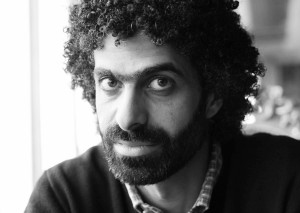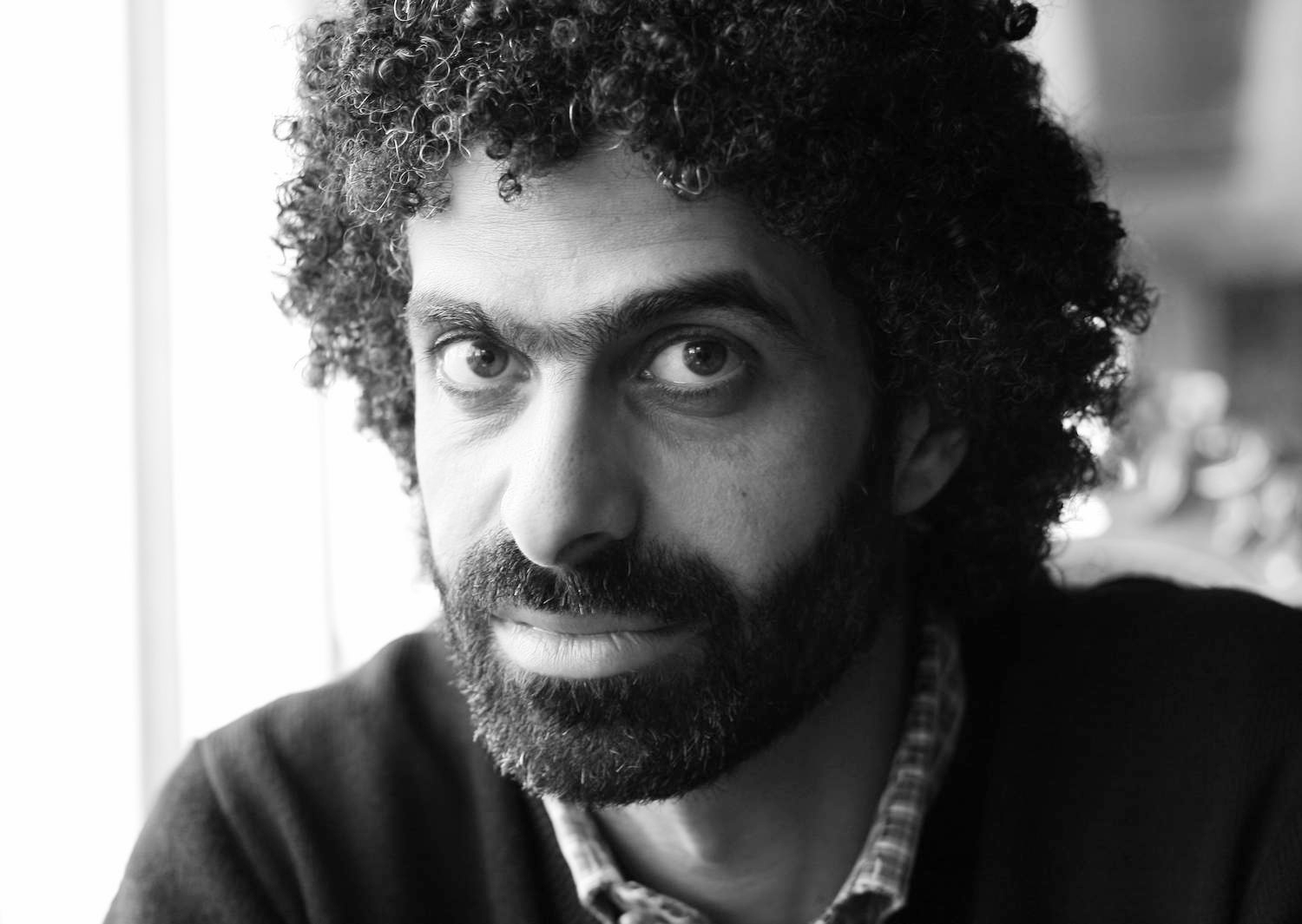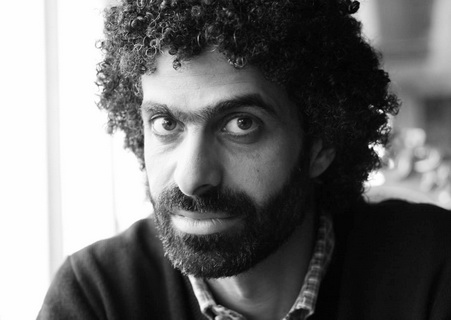
Why does commemorating the anniversary of Mohamed Mahmoud massacre hurt? It’s a simple and valid question to ask in trying to better understand the deadly violence that broke out again on the clashes’ first anniversary and put things in context.
I believe that what makes such a massacre special and different from other ones committed since day one of the revolution is what we can call a collective sense of shame.
All massacres committed during the 18 days of the revolution (which is still ongoing we might add) were mainly engineered by Mubarak and his gang. Other massacres which following the fall of Mubarak were alternatively engineered by remnants of Mubarak’s regime, some of the corrupt business elite, the interior and/or the military.
However, Mohamed Mahmoud represents all of the above, in addition to the Islamists currently in power. On one side the military and the interior ministry forces were firing live ammunition and an unidentified kind of teargas at the protesters on Mohamed Mahmoud Street and Tahrir Square. And on the other power-hungry Islamists, who were very busy with parliamentary elections, were firing lies about the protesters on TV channels and the mosques.
Now we have an Islamist government headed by a president who keeps repeating “the right of martyrs is in my neck,” meaning his responsibility. Actually, he said it so much that it should now be his responsibility to stop talking about his neck, which has not helped achieve justice so far. And actually, the same neck is now responsible for innocent bloodshed in our streets again due to the brutality of his own regime.
One year has passed since the massacre and no proper trials have taken place. No public prosecutor gave orders to bring in big heads from the military, Islamist movements or Mubarak’s media for investigation, despite endless witnesses and no shortage of YouTube videos documenting high profile crimes.
The Eye-sniping police officer has not yet been sentenced in a case that shows signs of collapsing, like most other cases involving officers documented committing crimes against civilian protesters.
Likewise it is still not known who gave the orders to break the truce between the protesters and the military-interior troops last year one hour after it began, which took protesters by surprise. Who in the government then wanted the clashes to continue?
Three big entities in the post-Mubarak state are obviously afraid of commemorating this specific massacre, the brotherhood, the interior and the military.
The Brotherhood (Salafis too) erased a big portion of the Mohamed Mahmoud Street graffiti on the “Friday of Shari’a”, about two weeks ago and wrote some Quranic verses instead; a move to gradually erase the unwashable shame of supporting such violence a year ago, from the memory of the people. Such a naive thought!
The military are currently having a show here and there, after a long period of silence trying to distract people’s attention away from the significance of the anniversary. The attack on Qorsaya island inhabitants and the interior-military clash in New Cairo have actually taken more attention than they both deserve.
To start with, Qorsaya land was given back to its people by a court ruling in 2010 and occupying it again by the army is sadly nothing but a bloody cheap show. As for the interior-military clash, for some reason it feels like it was somehow dramatised in the media, while it was nothing but a simple fight between two officers, one military and the other is police in an administratively failed state.
There is one additional party that also qualifies to be on the list of criminals, at least morally. It is the so-called revolutionary powers. They are definitely guilty of the crime of pathetic fragmentation. They have miserably failed to have a unified voice on a single revolutionary demand, including creating any pressure to bring the criminals of Mohamed Mahmoud Street to justice.
The clashes that have broken out again on the anniversary of the well-documented massacre are a natural reaction from those who feel frustrated at the absence of justice. It is such a big circle of collective shame, of which we are all part.


